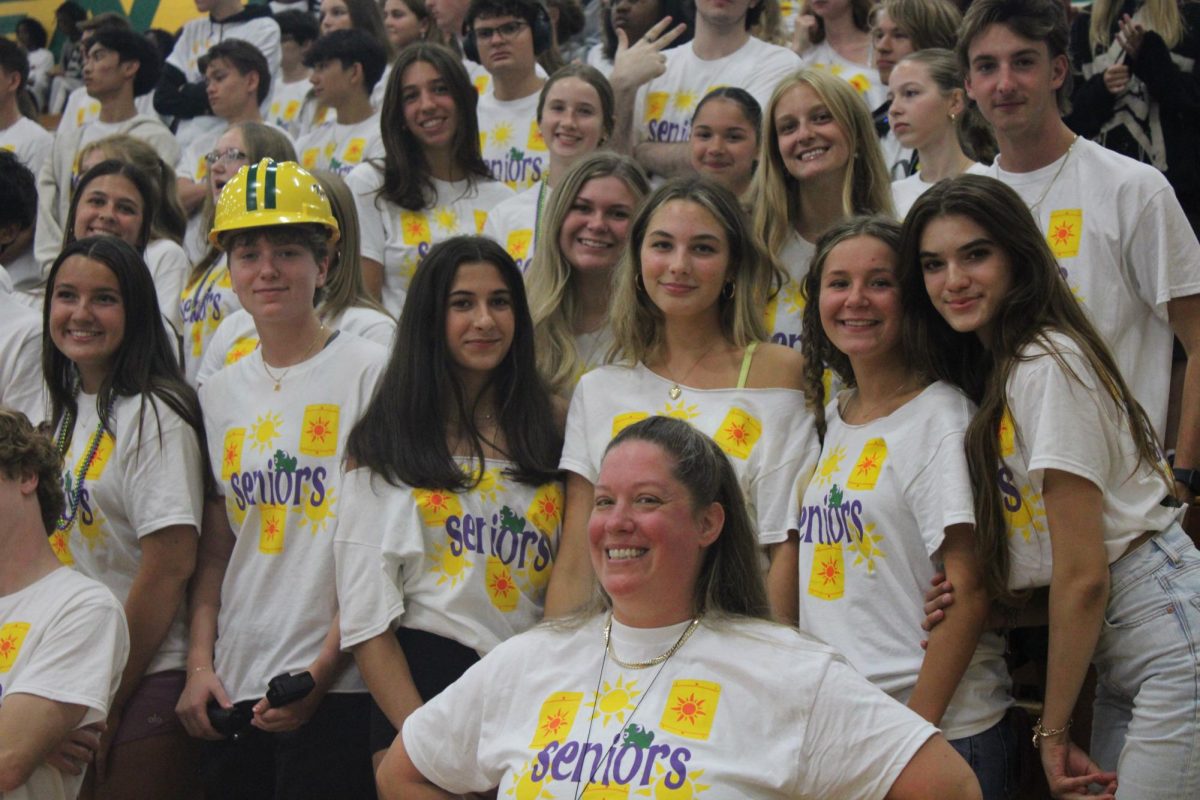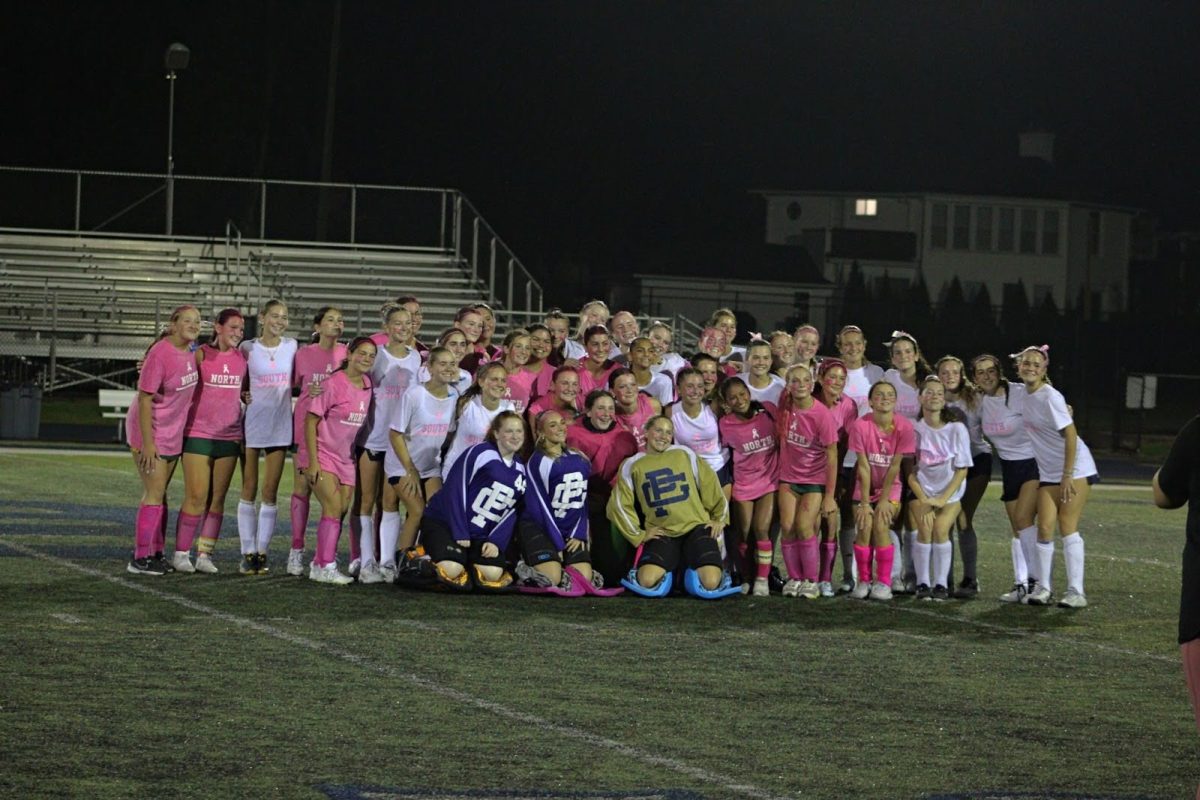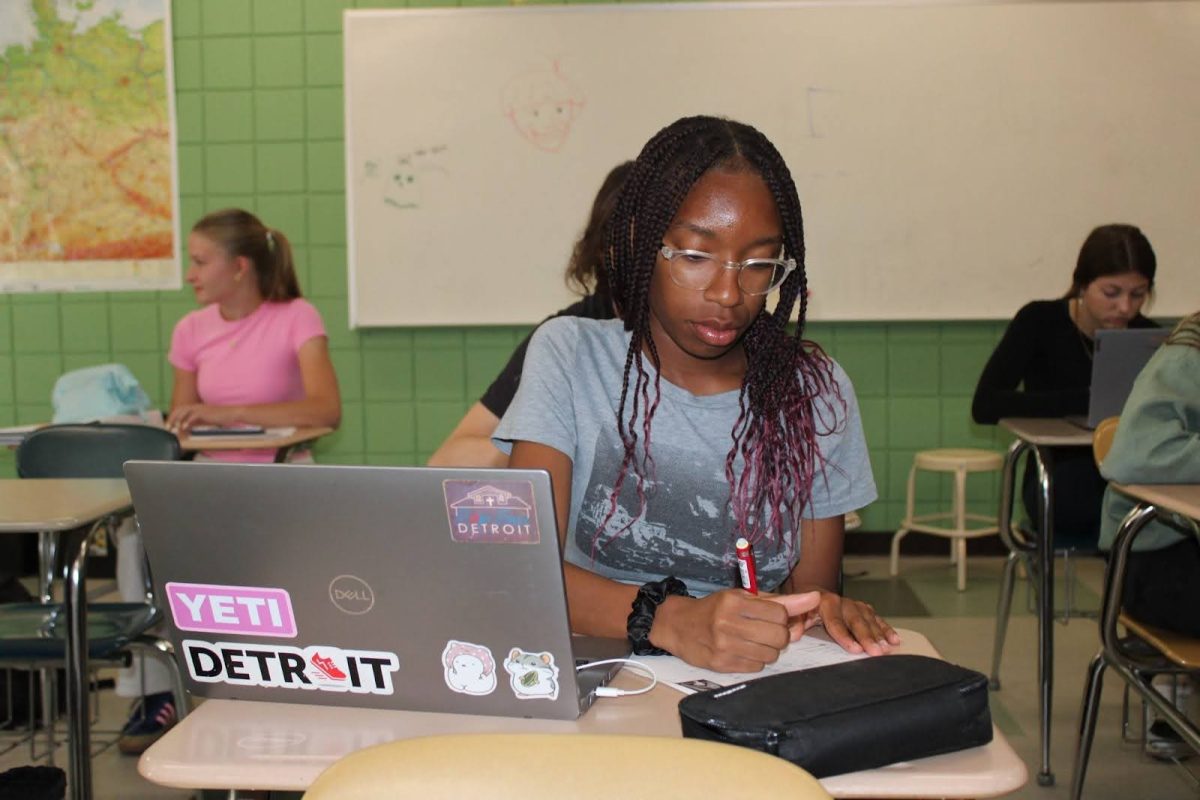Virtual private networks have emerged as a virtual shield for internet users worldwide by offering encrypted pathways to keep sensitive information and data safe. These VPNs have become increasingly popular, even reaching public schools.
Executive Director of Learning Technology and Strategic Relations for Grosse Pointe Schools Dr. Chris Stanley indicates that VPNs can take away from student learning by allowing students to access non-educational content that has been blocked by district network security.
“Our task is to provide a robust network for students and staff, and that network needs to provide students and staff with the information they need in order to accomplish tasks,” Stanley said. “VPNs provide the potential for bypassing network safeguards and accessing inappropriate content. Additionally, VPNs can mask harmful activities, making it difficult to enforce acceptable use policies and protect students.”
In Brian Levinson’s cyber security class, students have learned the advantages and disadvantages of VPNs. They learn that VPNs can protect students’ information and keep hackers away. However, they also learn that a drawback of VPNs is that it may keep students from being able to access different websites necessary for school.
“Well if the ones that are blocked here in school, you can’t get to the sites, so you would have to turn your VPN off and then essentially access the site from there,” Levinson said.
While navigating the internet with a VPN is great at keeping your information safe, there are still issues with using VPNs such as weak connection. Senior Morgan Mclntrye understands the downsides of a VPN.
“Bad news is the connection you have might be slow,” Mclntrye said. “I don’t mind that, some people might. As long as I can respond to people within the walls of the North it is a win for me. Do recommend carefully picking one though, because some aren’t exactly the best. Another thing that sucks is some of the best ones are locked behind a paywall.”
Even though VPNs might have a few downfalls, Mclntrye is still advocating for them due to the safety and efficiency a VPN has to offer.
“Sending text messages even on an iPhone goes through faster when VPNs work,” Mclntrye said. “And other messaging platforms could eventually be blocked by the school for whatever reason could also be accessed. Not to mention the security benefits of a VPN, keeping my data safe.”
Cyber security is critical to think about when accessing the internet,so Levinson teaches his students to search the web safely which may include using a VPN.
“I do not think they should be banned because they provide a level of security,” Levinston said.
While VPNs can be used inside school, they can also be useful for students outside of school to access different types of networks and be able to block hackers and keep their data safe. A VPN can also be used to access an unknown wifi network at coffee shops or restaurants which can help your wifi to become more powerful.
“Well if you’re outside of your home network or even if you’re in your home network you should have one,” Levinson said. “If you’re someone who likes to join random open networks like places like Starbucks or McDonalds, you’re allowing anybody who is on that network to see the data that you’re sending across and VPN will scramble your data and encrypt your data so they can not see what you’re doing.” Along with Levinson, Stanley agrees that there are advantages to VPNs outside of school, yet believes our school environment may be safer and more productive without them.
“VPNs do have legitimate benefits,” Stanley said. “They can provide privacy and security, especially on unsecured networks. However, within a school setting, we have a secured network, and staff and students utilizing our network sign an acceptable use policy.”
Q&A with Executive Director of Learning Technology and Strategic Relations Dr. Chris Stanley 
Q: Do you think it is beneficial to block VPNs? Why or why not?
A: Blocking VPNs is beneficial in a school setting because it helps enforce our network security protocols and ensures that internet use remains safe and appropriate for educational purposes. VPNs can circumvent content filters, potentially exposing students to harmful or distracting material not suited for an educational environment.
Q: What kind of impact do you think VPNs have here at school?
A: VPNs can have a significant impact on school networks by bypassing educational content filters.
Q: What is your opinion on VPNs?
A: Personally, I see VPNs as a tool in specific contexts, particularly where security and privacy are concerned. However, in the school environment, the priority is to maintain a safe and controlled network that aligns with our educational goals.
Q: Do you believe that VPNs should be accessible to students and staff?
A: I believe that general access to VPNs for students and staff should be restricted to prevent bypassing of educational content filters.
Q: How do you think students’ access to VPNs could positively or negatively affect them?
A: On the positive side, learning about VPNs can enhance students’ understanding of internet security and privacy. Negatively, unrestricted access could lead to distractions and exposure to inappropriate content, undermining the educational focus and network safety.


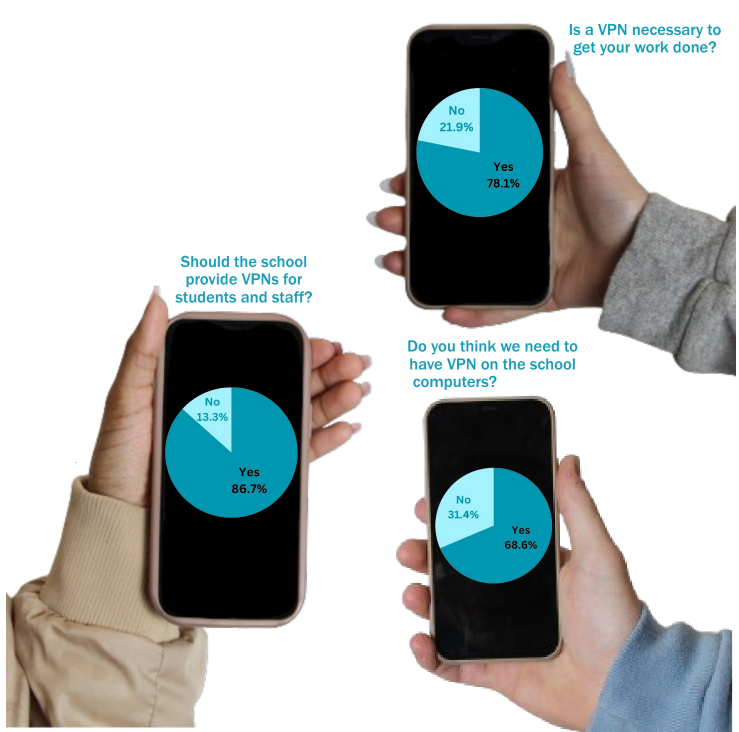
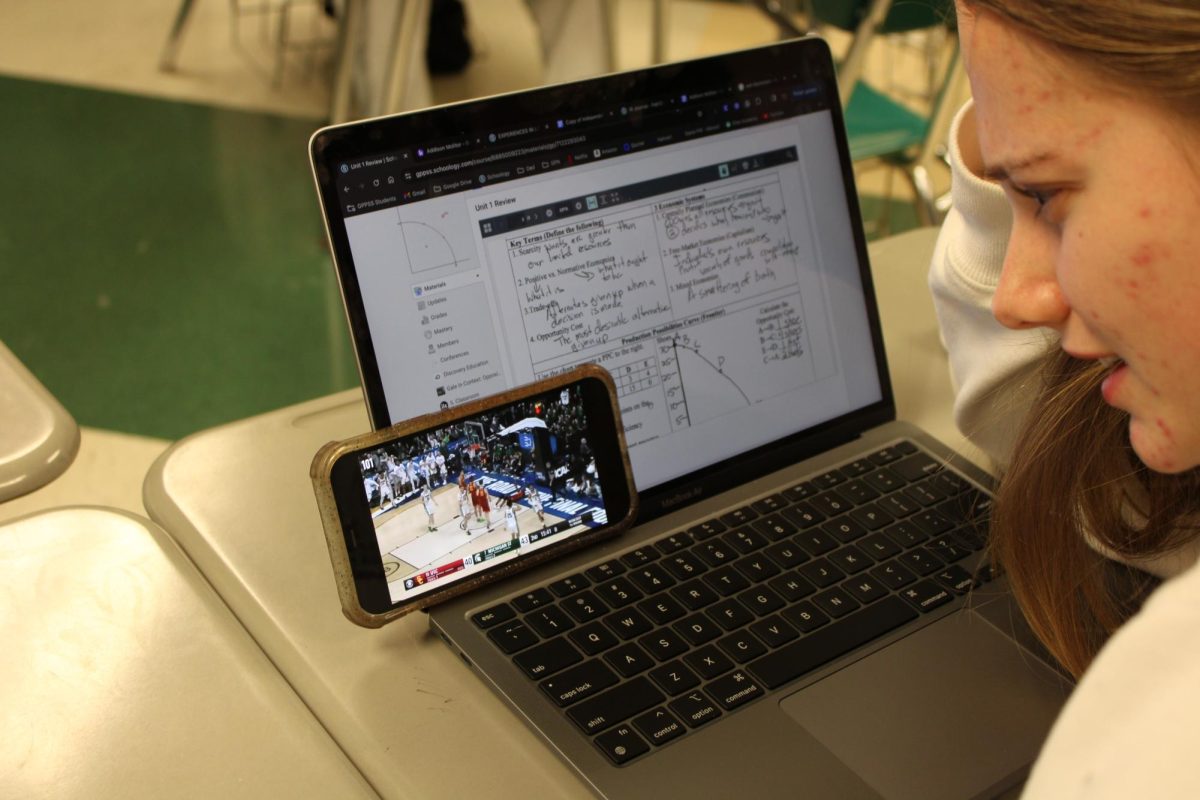




![CREATIVITY IN CRISIS | The former Creative Writing classroom sits empty since the course is not running during the 2023-2024 school year. English department chair Kristen Alles has empathy for the students who weren’t able to take the class, and wishes for its return future. “Having a class solely dedicated to Creative Writing is fun and I think it really helps foster that for students who really like Creative Writing,” Alles said. “I do feel bad for students who really want that [creative] outlet and art, but hopefully we can see it again maybe next year hopefully it’s not cut for good.”](https://northpointenow.org/wp-content/uploads/2023/10/unnamed-2.jpg)
